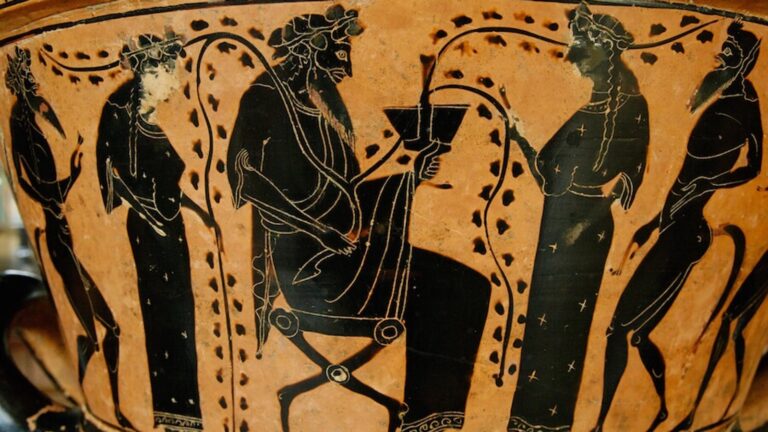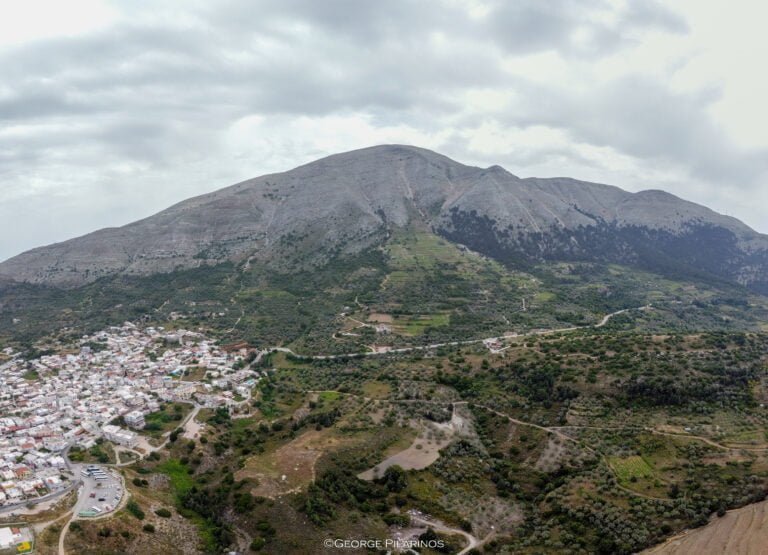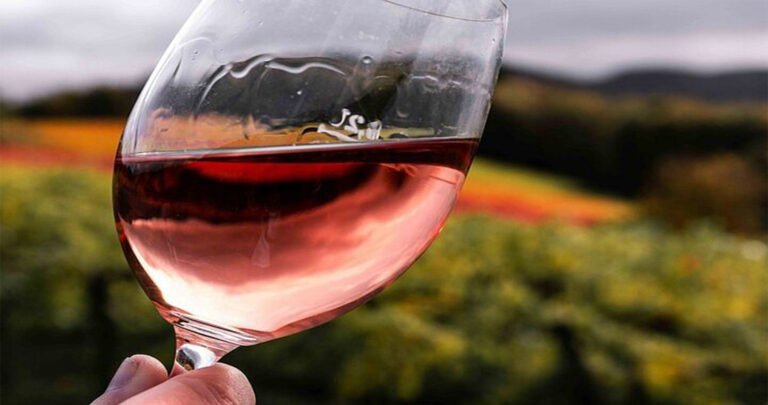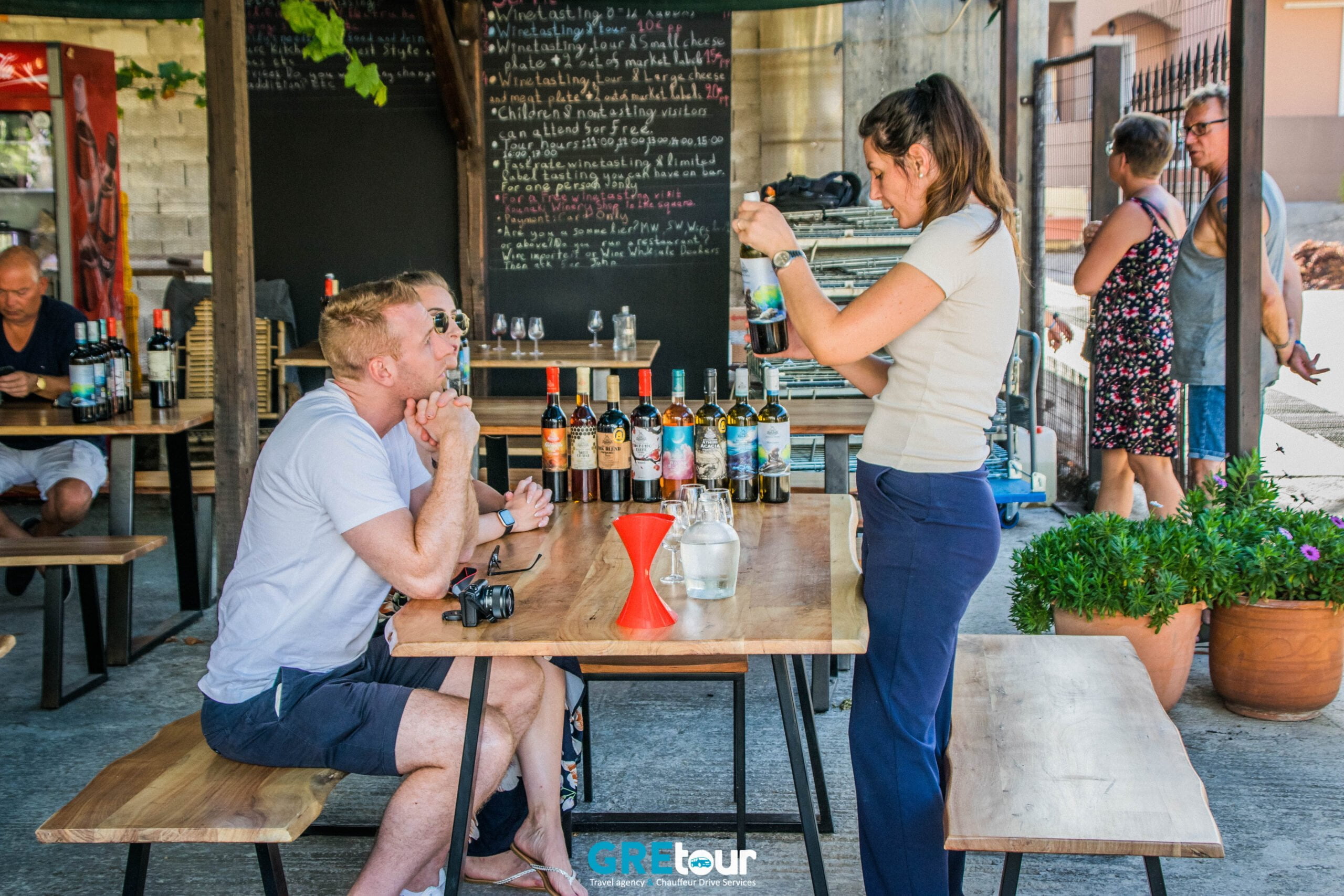Dubbed as the emerald of the Aegean Sea, the island of Rhodes is well-known not just for its rich history and natural beauty but even for its wines. Even if the wines of Rhodes have been popular ever since the ancient times, the Italians who love wine and inhabited the island from years 1912 to 1945 are responsible for the rediscovery of winemaking and viticulture after the Turkish occupation. From then on, the island has enjoyed a flourishing wine trade.
Wine is actually an integral part of the cultural heritage of Rhodes and Greece as a whole. This is an indispensable element that can be found in Greek folklore, history, and art. It is also among the manifestations of the unique way of life that underwent evolutions through the centuries without any drastic changes.
Wine is one of the most civilized things in the world and one of the most natural things of the world that has been brought to the greatest perfection, and it offers a greater range for enjoyment and appreciation than, possibly, any other purely sensory thing
It reveals that the Rhodian amphorae were set apart from others with the engraving of the sun god Helios or a rose. This served as a kind of branding to confirm that the particular wine was produced using Rhodian grapes. It was also a forerunner of the system of Appellation of Origin that was developed in Europe several centuries later.
Thanks to Rhodes’s solid maritime presence, it was already the region’s largest wine exporter as early as 7th century BC. The first ever written reference for the Rhodian wine came from Aeschines, the renowned Attic orator and Demosthenes’ rival who was banished to the island during 330 BC.
He wrote in his letter that he lived in a tiny house complete with its own garden in Kamiros area with his friends treating him to honey, olive oil, and an amazing wine that tasted more superior compared to Athens’ wine.

The wine of Rhodes got even stronger and continued to thrive even after the island was occupied by Knights of Saint John during the early 14th century. Suleiman the Magnificent and his Ottoman army’s conquest in 1522 marked the beginning of a rather challenging time in the cultivation of grapes that only came to an end when the island fell into the hands of the Italians in 1912.
With a height of 1,215 meters, Mount Attavyros serves as the heart of grape growing of Rhodes. This is a gorgeous protected area of Natura 2000 filled with pine forests, lush valleys, and the cypress forest located in Embonas, which is named as a natural monument.
All of the finest wines grow at 650 to 700 meters altitude. It has low-yield vineyards that get exposed to strong northerly winds of the Aegean that moderate high temperatures while creating an ideal climate for the cultivation of the highest quality grapes.

Assyrtico is considered as the predominant variety that is qualified for wine production. This also makes outstanding dry white wines that are fermented in barrels. It is a white grape variety that is being cultivated on volcanic soil. It yields white wines that have high sugar content and full of sweet or dry aroma.
The Athiri grape has a golden and bright green color. It is also juicy and small. Its wines have a fresh and fruity taste with vibrant color and soft aroma that touches all the senses. Due to the climatic conditions and type of vine, there is a small yield per acre. So far, Athiri is the most widely planted variety of white grapes on the Island. Apart from Rhodes, this is also cultivated in some other parts of Greece like Halkidiki and Santorini.
This variety has strong aromatic character that is reminiscent of citrus, exotic fruits, flower aromas, herbs, and green peppers. It has high alcoholic degree, moderate acidity, and also shows exceptional synergy with oaks. The wines can age for 4 to 5 years. This variety also has sweet wines that are worth trying.
Mandelaria is the red variety that is cultivated in almost all of the Aegean Sea islands. This is a bright variety that has moderate acidity and high tannin levels often called rough. This has relatively low alcohol as well as moderate-intensity fragrances that are reminiscent of spices, skin, and black fruit. The wines that are produced using 100% Mandelaria requires time for their tannins to soften.

Black Athiri or mavrothiriko is the ancient Greek variety that has seen revival for the past 5 years. This is expected to become characterized as a variety-quintessential renaissance of the modern red wines of Greece. These are moderate grapes that have moderate berries. They have good color intensity, low acidity, interesting aromatic profile, and high pH levels.
The Muscat of Rhodes occupies relatively small area. Varieties allowed include Muscat Trani and Muscat White. The white wines could be natural sweet or naturally sweet. Muscat Trani has limited areas. These wines have moderate body and acidity and rose and lemon flavors of citrus. Not like other wines of the variety, these are not distinguished by their excellent aging potential.
Souma is the Dodecanese alternative of raki or ouzo that will surely amaze you. This is primarily made from grape wine and marc in Rhodes that makes Rhodian Souma very special. Souma can be found anywhere in Rhodes, including restaurants and even cafes. You need to take it easy when drinking Souma because this is very strong. Be sure to eat while drinking Souma. This is also best served cold.
During your visit in Rhodes Island, you can learn how Souma is made by visiting a distillery. There are distilleries at the villages of Embonas and Sianna. The grapes are first removed from their stems, before being pressed in order to extract their juice. The juice gets boiled in the large cauldrons before it is poured to barrels that are stored in a cool place.
A fact about Rhodes is that there are two PDO or Protected Designation of Origin wines. PDO Rhodes pertains to the white wines that have at least 70% Athiri mixed with Assyrtiko and Malagousia and reds and rosés with 70% Mandilaria minimum mixed with Mavrothiriko. Sparkling wines were also included since 2011.
Muscat di Trani and white Muscat Blanc were used for PDO Muscat of Rhodes. Even though the native varieties were abundant, winemakers grow international grapes as well, with Grenache Rouge topping the list. However, its high yields resulted in issues with quality.
The wine industry of Rhodes is fundamentally associated with CAIR, the acronym for Compagnia Agricola Industriale Rodi. One group of investors from Italy established this winery in 1928. The winery was not only responsible for keeping the industry of cultivation of grapes alive as it also made Rhodes among the few parts in Greece that produce wine with vineyards that expanded following World War II. The Bodossakis Group took ownership of this company in 1947 after Dodecanese Islands has becpme a part of the Greek state. This was then sold off to Dodecanese Association of Agricultural Cooperatives in 1957.
CAIR rose to popularity as a producer of sparkling wines with its Rosé Reserve and Velvet labels making up excellent samples of complex types of sparkling wines. Prior to the discovery of imported champagnes of the growing middle class of Greece, each CAIR bottle was a reason for celebration as shown in an old advertisement, with yearly sales of 1.5 million bottles. Through the years, CAIR focuses on developing good quality of still wines like Rodos 2400 introduced in 1992 in celebration of 2,400 years ever since Rhodes Town was founded.
Emery is another big producer of Rhodes island that was established in 1923. Its name inspired by Emery d’ Amboise who was the Knights of Saint John’s 41st Grand Master who remained in the position from years 1503 up to 1512.
Triantafilloy family’s third generation runs the company now. It has been in the industry of wine production since mid 19600s and constructed its present winery, which is among the biggest in the country, in Embonas village in 1947 at 700 meters altitude. Their vineyards that were cultivated on Mount Attavyros’ northwesterly slopes are popular for the high quality of their Amorgiano and Athiri grapes.
Kounakis Winery is a small-scale winery that produces small quantities of wine every year. It cultivates Greek varieties such as Athiri, Malagouzia, Muscat, Assyrtiko and Amorgiano. Also European varieties such as Cabernet sauvignon, Merlot, Syrah, Chardonnay, sauvignon blanc ,Tebranillo. They have won many awards for their wine and are located in Embona village. Kounakis is the only winery provides guided tour to its visitors in Embona village.

The lengthy winemaking history of Rhodes Island has long been known across the world, with a great potential of producing top of the line wines. Even though Rhodes hasn’t achieved just yet the same level of success as other islands of Greece like Santorini, Kefalonia, or Paros, it remains to be an excellent wine tourism destination that offers a selection of exciting wines that are made using international and indigenous varieties.
Was this article interesting enough? Is there any additional info related to wines of Rhodes that you believe is missed? If the answer is yes, write it down in the comment section and we will research it. Do not forget to subscribe to our newsletter and social media!
